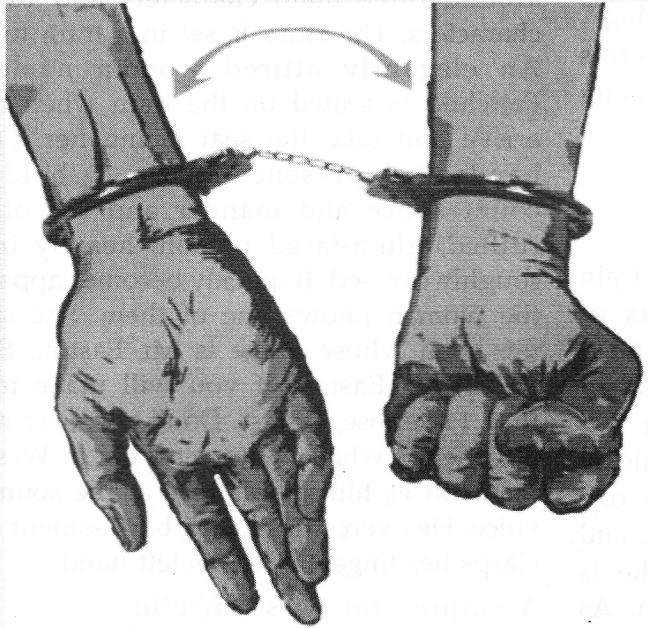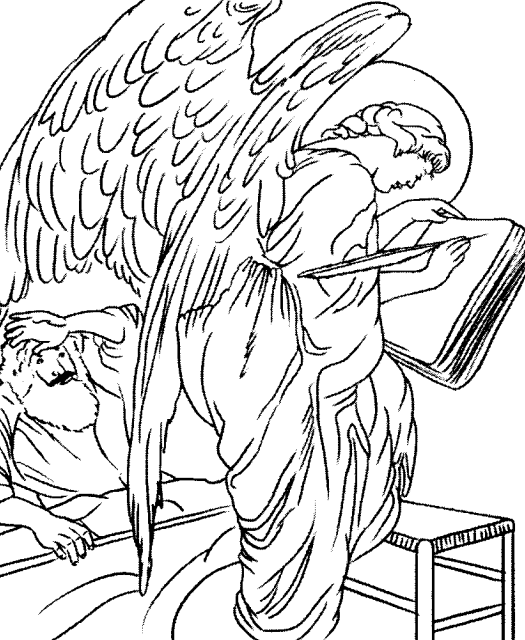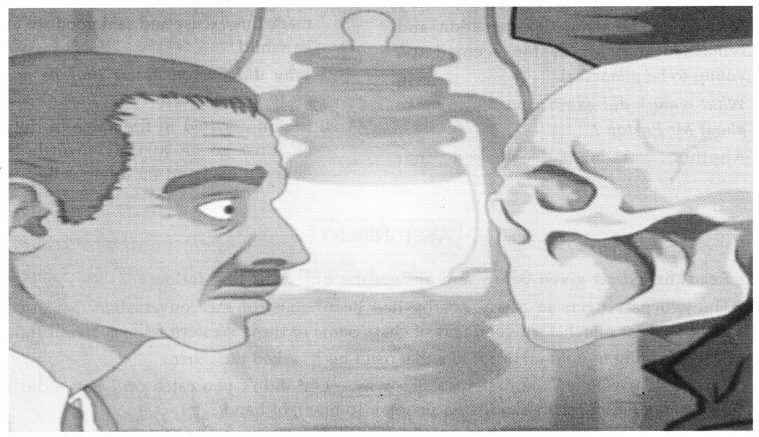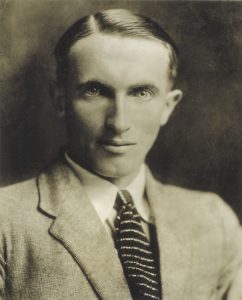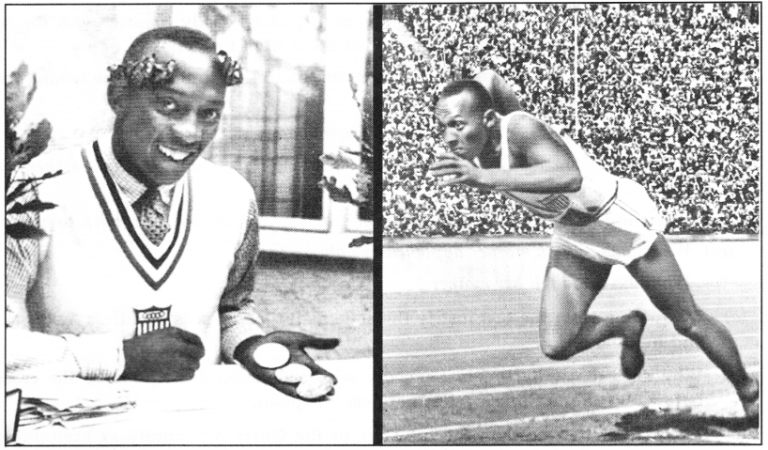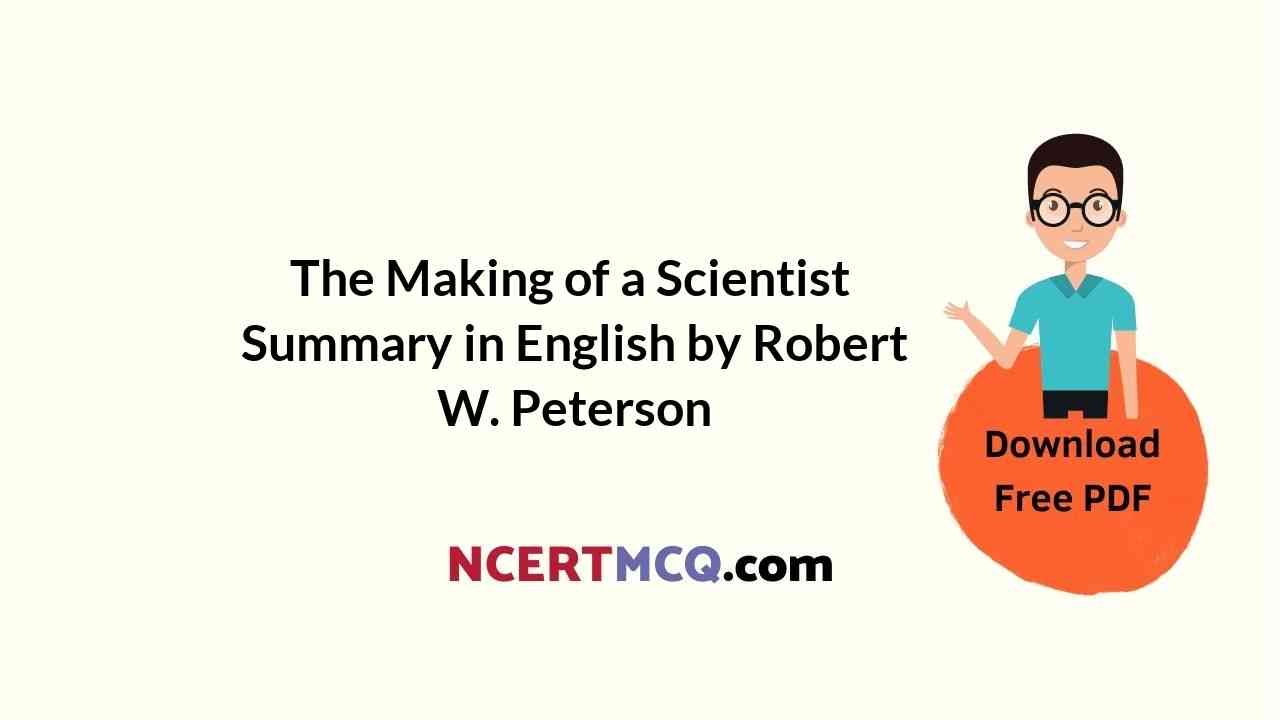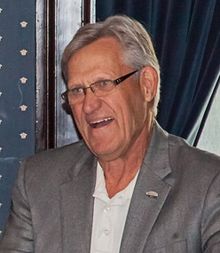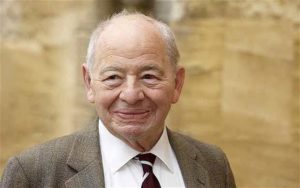We have decided to create the most comprehensive Online Education English Summary that will help students with learning and understanding.
Online Education for The Bangle Sellers Poem Summary by Sarojini Naidu
The Bangle Sellers Summary by Sarojini Naidu About the Poet
Sarojini Naidu (1879-1949), commonly known as Nightingale of India, was a poet and politician. She was the first Indian woman to become the President of Indian National Congress, and also the governor of an Indian state. In 1905, her first coliection of poems, named The Golden Threshold was published. Her poems were admired by many prominent Indian politicians.
Subsequently, other widely acclaimed collections including The Bird of Time, The Broken Wing and The Sceptred Flute were published during her life-time. The Feather of the Dawn, her collection of poems, was edited and published posthumously in 1961.
The Bangle Sellers Summary About the Poem
The poem Bangle Sellers was first published in 1912 by Sarojini Naidu in her collection of poems called The Bird of Time’. Naidu’s poetry is best known for her use of imagery and contemporary Indian themes. Among her other poems, this poem stands out as a social message that not only discusses the lives of Indian women but also the lives of bangle sellers.
Although the poem focuses extensively on the stages in the life of women, yet it portrays the lives of the bangle sellers as well. Not once is the poverty or the hardship of their vocation is mentioned in the poem and the “shining loads” denotes the heaviness of the bangles.
The bangle seller employs a joyful voice which makes us forget that their livelihoods depend on the sale of these bangles. The women in their lives are all portrayed as happy., probably because the happiness of the bangle seller relies upon the happiness of these women.
The Bangle Sellers Summary of the Poem
The poem is about a group of bangle sellers who are on their way to the temple fair to sell their bangles. One of them is the narrator of this poem. The bangle sellers take their bangles to the temple fair to sell them. The bangles are termed as “lustrous tokens of radiant lives” which symbolize love and happiness in people’s lives particularly the daughters and wives who become happy to possess them.
The poet says that some of the bangles are made for the unmarried women that are silver and blue in colour. The bangles made for the brides glow like corn fields radiating in the morning and like her marriage flame, ricli like her heart’s desires. The bangles are tinkling, tender and clear with ‘luminous’ colours like the bride’s laughter and tears. Some bangles are made for the elderly women who have journeyed a great deal in their life.
These bangles are purple in colour flecked with gold and grey colours suitable for the middle-aged women who have served their household well, cradled their sons and have worshipped the Gods with their husbands beside them.
The Bangle Sellers Summary Critical Analysis
The poem is divided into four stanzas, each comprising six lines. Each stanza consists of three couplets and has the rhyming pattern- abahab.Bangle sellers take their load of bangles to the temple fair to sell them. The bangles are termed as “lustrous tokens of radiant lives” which mean that they are symbols of love in people’s lives. The bangles are made for happy daughters arid happy wives.
The poet says that some of the bangles are made for the unmarried women and they are of silver and blue in colour. The other bangles made for the bride glows like the fields of corn during morning and some glow like the bride’s marriage flame rich in colour like her heart’s desires. The bangles are tinkling with ‘luminous’ colours like the bride’s laughter or tears. Some bangles are made for the elderly women who have journeyed through half of their life.
These bangles are of purple and grey colours with gold fleckers. These women have served their household well, cradled their sons and have worshipped the household gods with their husbands beside them.
Shining loads, delicate, bright, rainbow-tinted circles of light and lustrous tokens of radiant lives are a few other ways of referring to bangles. People usually buy bangles on temple fairs and such are occasions of happiness. Both the rich and poor buy these bangles and gift them to their wives and daughters. Some of these bangles are perfectly suiting for young girls. They are silver and blue in colour as “the mountain mist”.
Some are flushed red like buds dreaming of their blooming on the tranquil banks of woodland streams. Some have the light like clear glow of the glorious leaves that are just recently born. The bangles mentioned above possess purity and tranquillity in common.
The poem brilliantly and soulfully explores the imagery associated with bangles and the implications for women’s roles in a traditionalist Indian social setting. The speaker makes strong connections between the bangles and their role in providing “happy daughters and happy wives.” The subsequent stanzas describe lush and natural imagery, the beauty of the bangles and their precious values.
Some of these descriptions invoke the passion of “marriage’s fire” and, in the last stanza: help to bring to light the socially accepted role of women in this setting. The purple and grey bangles, flecked with gold colour symbolize a woman who “serves her household in fruitful pride, and worships the gods at her husband’s side.” The grey colour indicates the maturity that comes with age. It is not very clear in the poem if the bangle seller is a man or a woman, and perhaps, some level of meaning might change if one plays with the gender of the speaker.
The Bangle Sellers Summary Word-Meanings
- rainbow tinted – rainbow coloured
- lustrous – shining
- tokens – symbols; meet suitable
- tranquil brow – calm and quiet bank of a river, lake, pond, etc.;
- limpid – clear
- hue – colour
- luminous – glowing
- cherished – care tenderly
- blest – blessed; gold flecked
- grey – sprinkling of gold colour over grey colour
- cradled- brought up.
